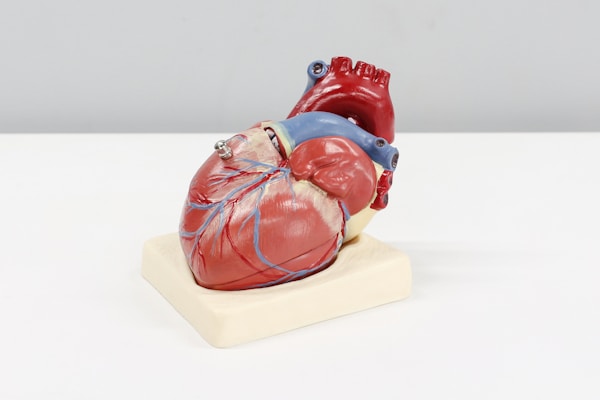Sleep is one of the most important things in our lives. We need to get enough sleep at night so that our bodies can rest and recharge for the next day. When we don’t get enough sleep, we can experience problems such as fatigue, irritability, poor judgment, and a weakened immune system. Research indicates that there are also ways in which lack of sleep can impact the health of your heart and your cardiovascular system. If you want to learn more, read on to find out exactly how sleep deprivation can affect your heart health.
Can sleep deprivation affect your heart health?

First, remember that if you have any concerns about a heart problem or heart condition, you need to make an appointment with a cardiologist. Cardiologists are specialists in diagnosing and treating heart problems. They can perform tests to determine whether you have a heart condition and, if you do, they can prescribe the appropriate treatment. You want to work with a doctor that is reputable and trustworthy, with a history of positive patient reviews. If you need an example, you can learn about some of the best cardiologists in Los Angeles that are currently setting a standard for excellent care within the discipline.
There are a number of ways that sleep deprivation can affect your heart health. One way is by increasing your risk for heart attack and stroke. When you don’t get enough sleep, your body produces more of the stress hormone cortisol. This hormone can cause your blood pressure to rise and your cholesterol levels to increase, both of which can lead to heart disease. Sleep deprivation also triggers weight gain. Additionally, lack of sleep can lead to inflammation. Both obesity and inflammation are known to be risk factors for heart disease.
All of these things make it crucial for you to find ways to get enough rest at night. Eons is one of the natural products that is making headlines and gaining popularity with consumers for its calming effects. You can find mushroom supplements in the form of powders, capsules, or tinctures, and they’ve been used for wellness for thousands of years, dating back to ancient China. If you’re struggling to sleep, make sure you check with your doctor before adding any new product to your routine. Your doctor can explain how it may affect any health conditions you have or interact with prescription medications you’re currently taking.
What else can you do to protect your heart health?

When you eat foods that are good for your heart, you can reduce your risk of heart disease, heart attack, and stroke. You can also improve your overall health and well-being. So, what exactly is a heart healthy diet? A heart healthy diet includes plenty of fruits, vegetables, and whole grains. It is also low in saturated fat, trans fat, and cholesterol. You should limit your intake of sodium and added sugars. Some good choices for a heart healthy diet include fruits like berries, apples, and oranges. Vegetables like broccoli, cauliflower, and tomatoes are also good choices. Whole grains like oats, quinoa, and barley are also a good source of fiber and nutrients.
When it comes to our heart health, getting exercise is essential. Exercise maintains your heart rate and lowers blood pressure, and it also helps keep our cholesterol levels in check. All of these things are necessary for reducing our risk of heart disease. The American Heart Association recommends at least 150 minutes of moderate-intensity aerobic activity per week. If you’re not currently active, start by gradually adding in more activity. You may want to start by adding 10 minutes of activity at a time, and then gradually build up to the recommended 150 minutes per week.
When it comes to your heart health, it’s best to take a comprehensive approach. This means making healthy lifestyle choices and seeing your doctor for regular check-ups. Part of that comprehensive approach has to include getting enough sleep on a regular basis. If you have any symptoms that are associated with heart problems, then you may want to see a cardiologist and make sure that you don’t have a health condition that you aren’t aware of. If your symptoms include chest pain or you think you may be having a heart attack, you should go directly to the emergency room.











